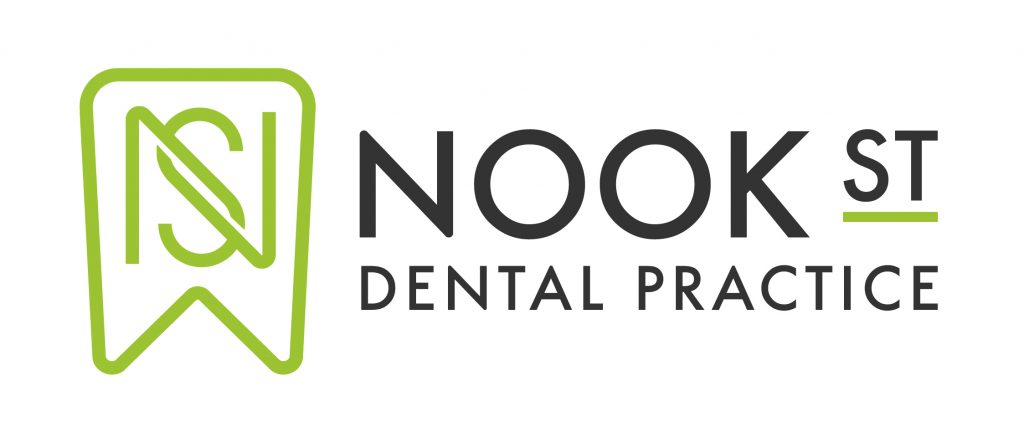Clear Aligners
People tend to associate braces with “train tracks” and metal brackets and wirese. Metal brackets are still commonly used, however white brackets and wires are much more popular in the adult population seeking orthodontic treatment making them much less visible.
Clear aligners are much less visible though composite tags to aid alignment can sometimes show.
None of the options are completely invisible but it has been increasingly the aim to reduce how visible they are.
Case Example
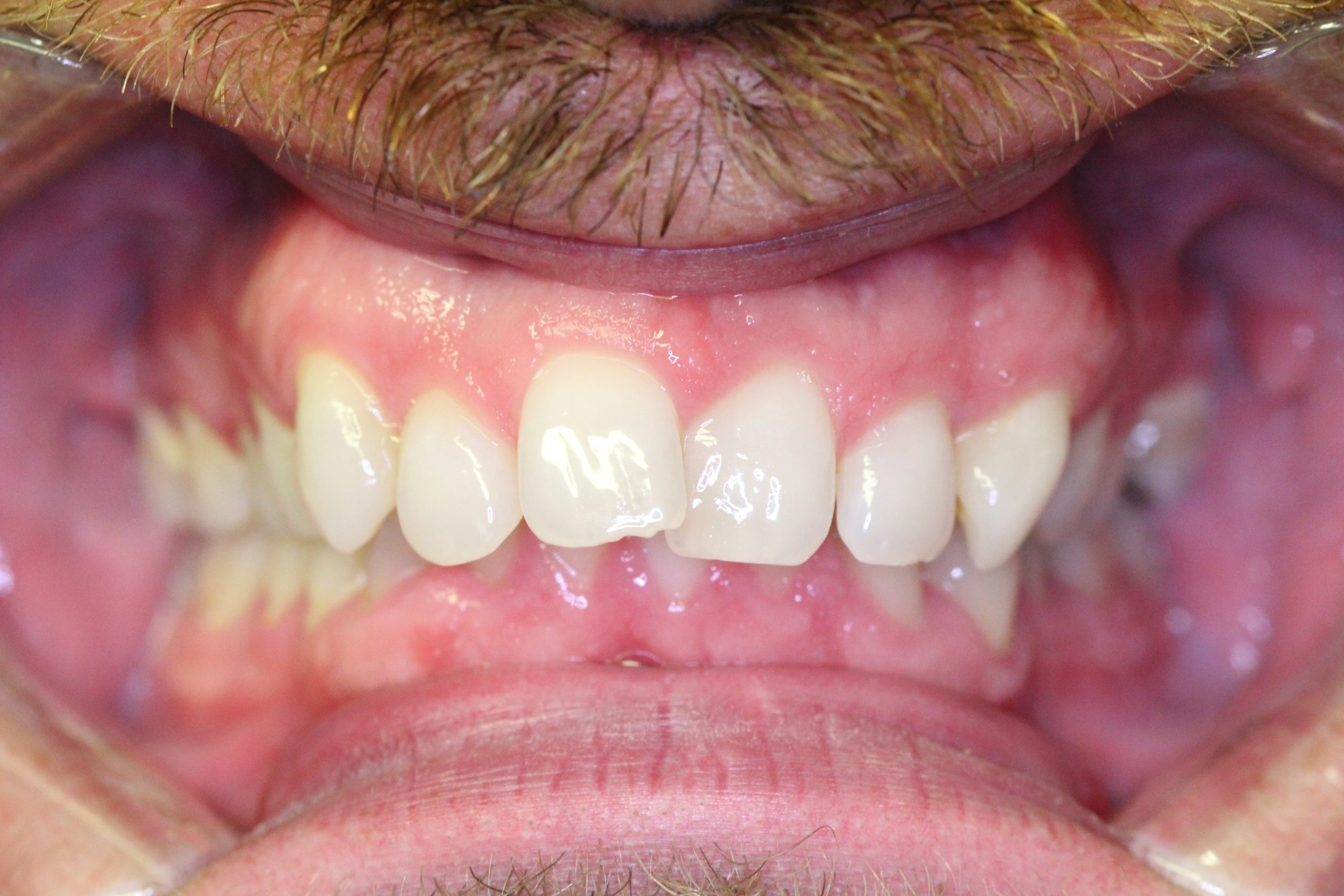
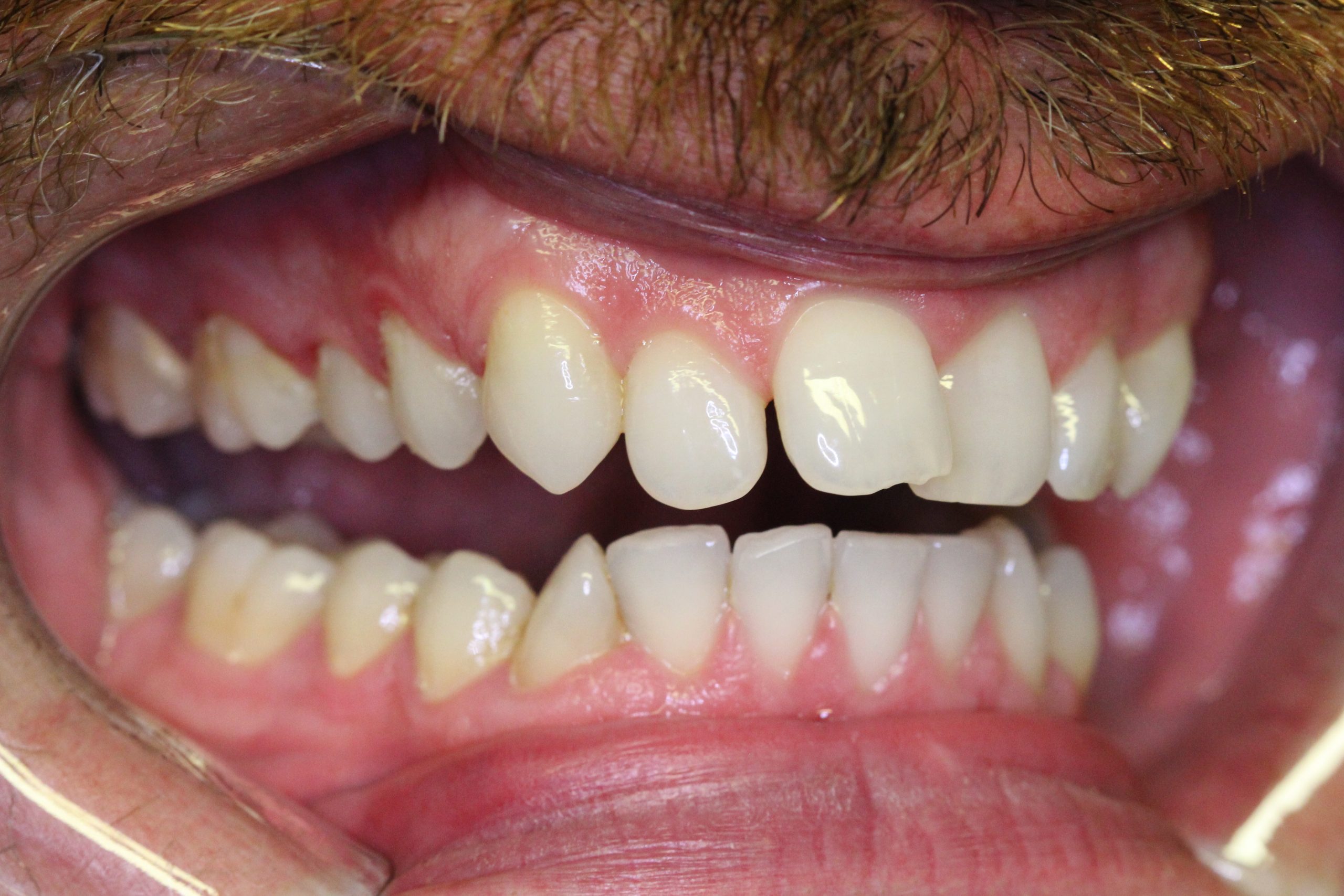
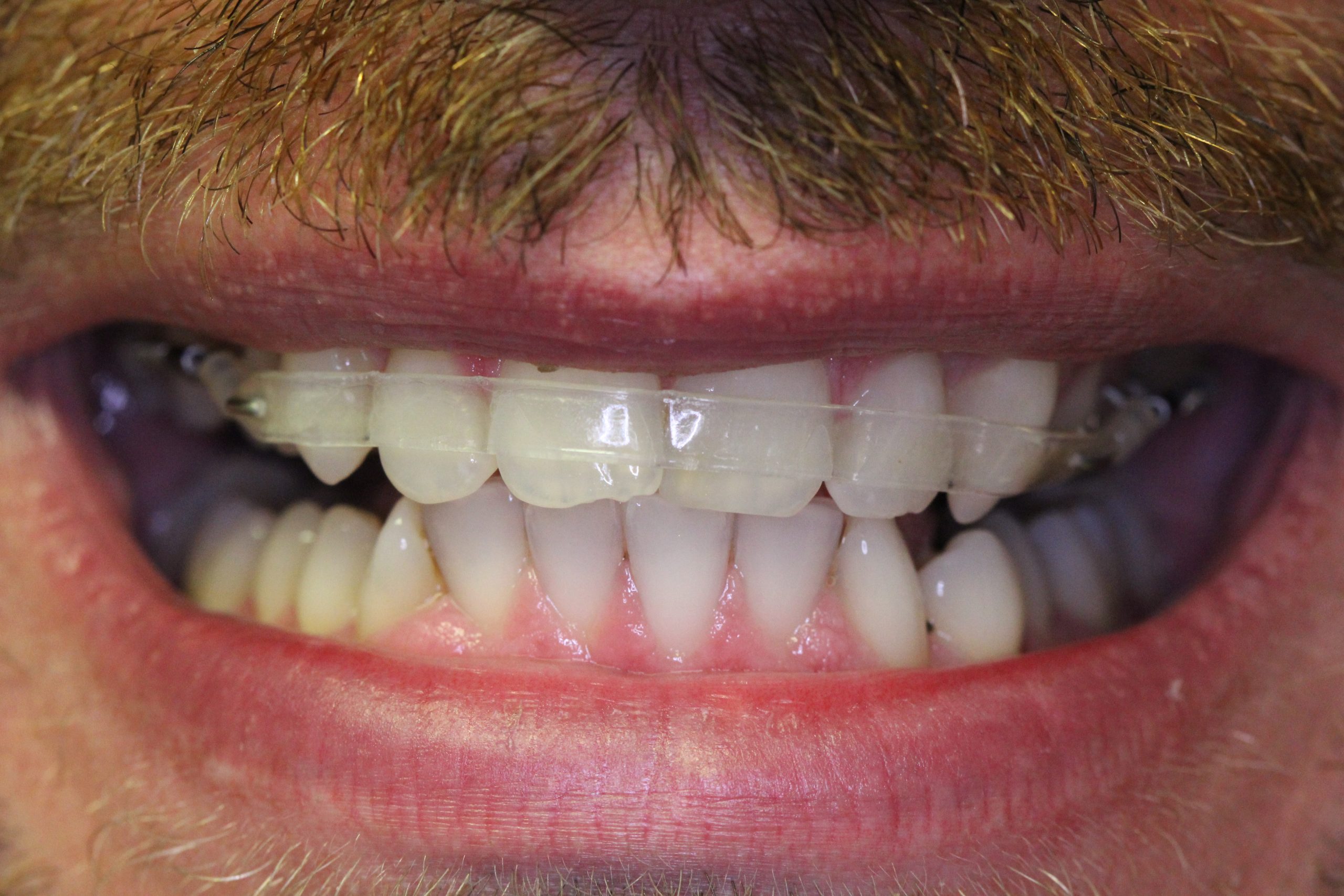
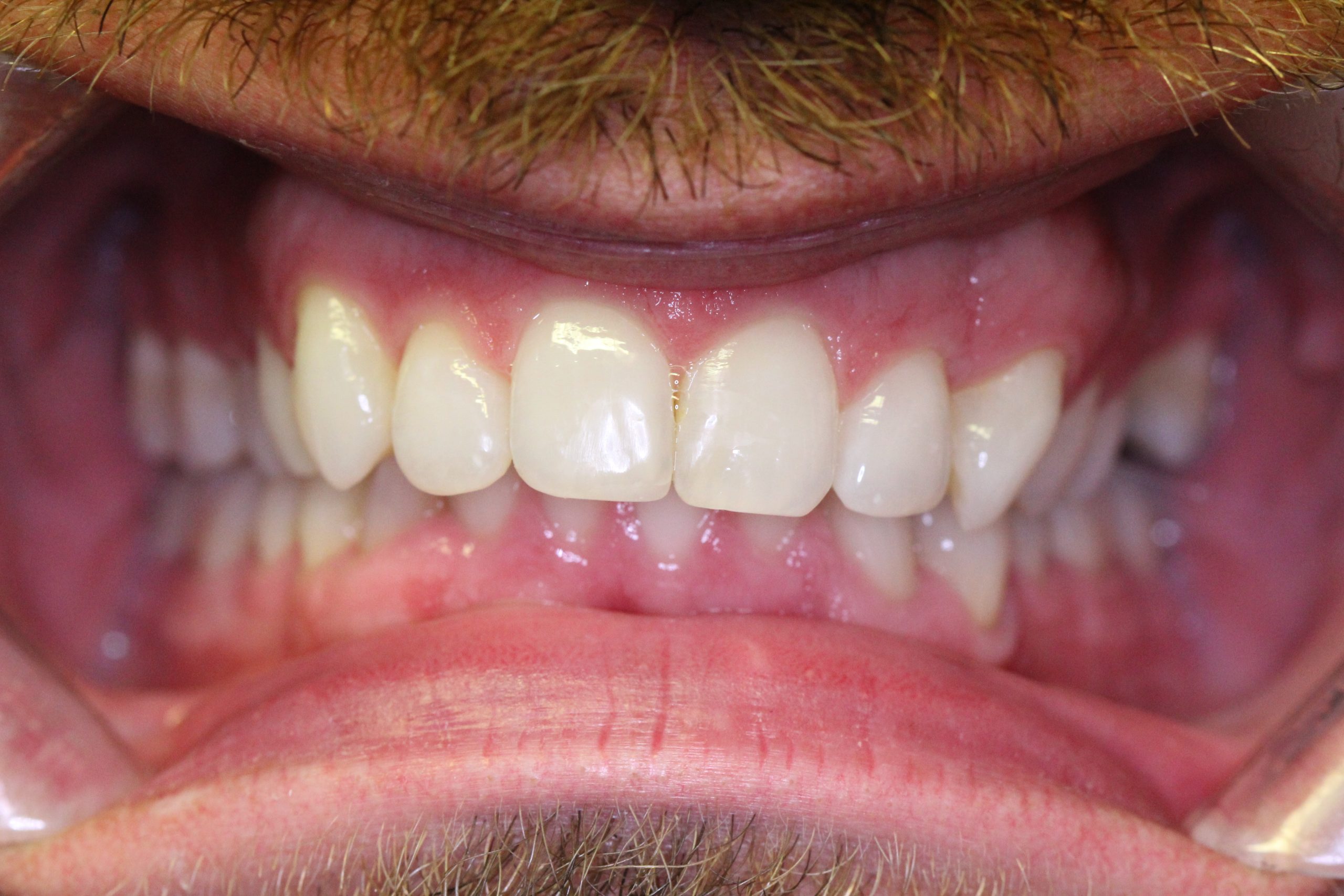
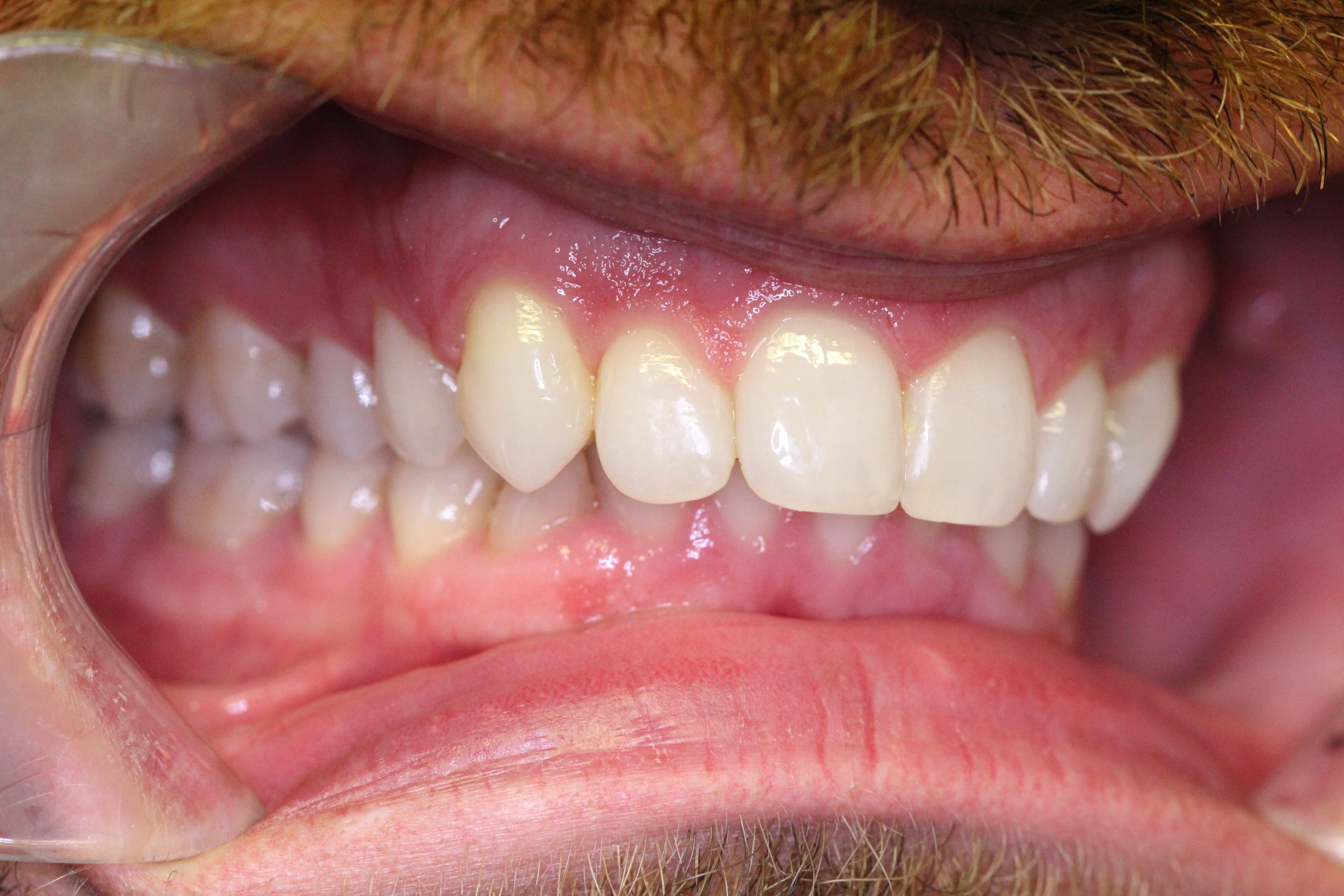
*Treatment by Dr Anthony Davies
Where can I have treatment?
Our Principal Dentist Dr Anthony Davies provides some orthodontic treatments on simple cases. Alternatively we have a number of local orthodontic providers we can refer you to.
Please ask your dentist if you are not sure and they will guide you.
Please note that you must be dentally fit and stable in order to undergo orthodontic treatment and a referral will not be made unless this is the case.
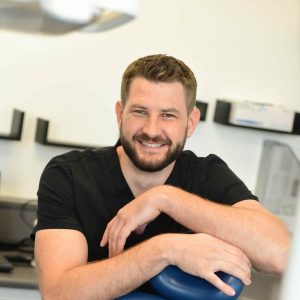
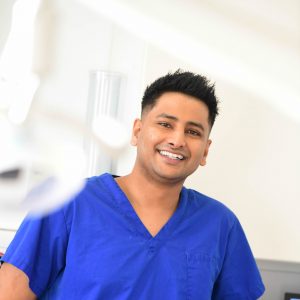
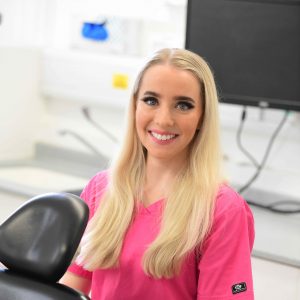
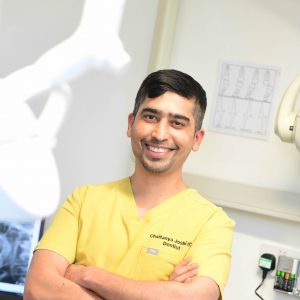
About Nook Street Dental
Nook Street Dental Practice in Workington is a reputable dental clinic that offers a wide range of high-quality dental services for both children and adults. With a team of experienced and skilled dentists, the practice provides comprehensive oral health care, including routine check-ups, preventive treatments, restorative procedures, cosmetic dentistry, and emergency services. The clinic’s child-friendly environment is designed to make young patients feel comfortable and at ease during their visits, helping to build positive associations with dental care from an early age. Using state-of-the-art technology and advanced techniques, Nook Street Dental Practice ensures that patients receive the most effective and personalized treatment plans to achieve optimal oral health outcomes. Whether you need a simple cleaning or a complex intervention, the professional team at Nook Street Dental Practice is dedicated to providing exceptional care tailored to your individual needs.
